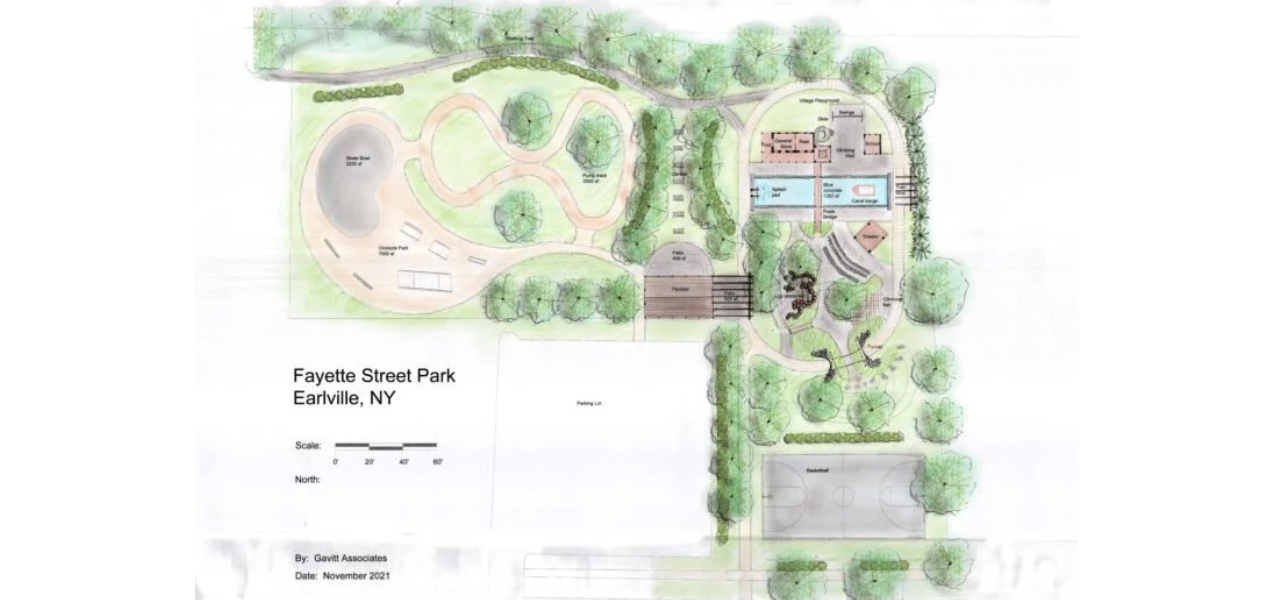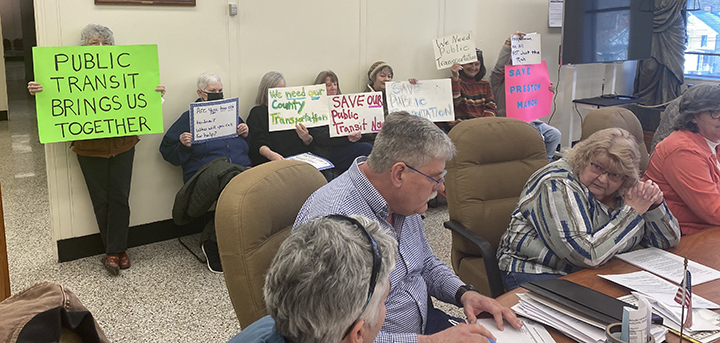NYRI to fight eminent domain change
NORWICH – New York Regional Interconnect Inc. announced Thursday that it will contest a new eminent domain law in federal court that curbs the company’s power to take private property at market value.
In a Feb. 1 press release, <a href="http://www.evesun.com/topics/news/NYRI/">NYRI</a> said it filed a lawsuit in Albany district court challenging the constitutionality of a revision in the state’s transportation corporation law – which legislators drafted specifically to derail the Albany company’s proposed $1.6 million power line.
“It’s unconstitutional for the legislature to pass a law that targets one person or company or singles them out for different treatment,” said <a href="http://www.evesun.com/topics/news/NYRI/">NYRI</a> counsel Leonard Singer.
The suit named 12 current and former state officials, including current Governor Eliot Spitzer, Senators Jim Seward (R-Milford) and Tom Libous (R- Binghamton) and former governor George Pataki, who signed the bill into law Oct. 3, 2006. It contends that several of NYRI’s rights were violated, including its 14th Amendment right of equal protection under the law.
“I’m not surprised by this,” said Libous, who co-sponsored the bill and admitted it was narrow in scope in order to take on NYRI.“They have a right to file a suit – it happens all the time. I think the legislation is good. But it’s always a little scary when it goes to the courts.”










Comments